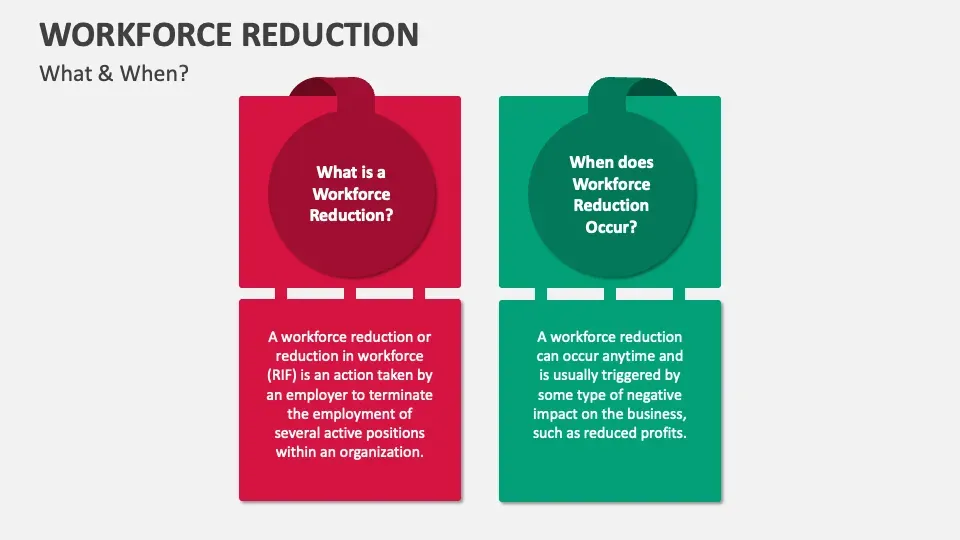In a shocking move, Bell has announced a workforce reduction that could impact as many as 1,200 employees, a decision that has drawn significant criticism from various political figures. The federal NDP has publicly condemned Bell’s workforce reduction, labeling it as a manifestation of corporate greed within the Canadian telecom industry. Labor critic MP Matthew Green and heritage critic MP Niki Ashton expressed their outrage, arguing that this pattern of Canadian telecom layoffs prioritizes shareholder profits over the livelihoods of workers. They assert that instead of cutting jobs and outsourcing, Bell should be investing in its workforce and Canadian communities. This situation raises urgent questions about the broader implications of Bell’s job cuts, particularly how they reflect a troubling trend of telecom corporate greed that undermines both consumer interests and employment stability.
The recent announcement regarding Bell’s job cuts has reignited discussions about employment practices within the telecommunications sector in Canada. This decision, which could lead to significant layoffs, highlights the ongoing challenges faced by workers in an industry increasingly characterized by corporate restructuring and profit-driven motives. Critics, including members of the NDP, have labeled these moves as excessive corporate greed, emphasizing the need for accountability and better investment in local talent. As Bell navigates these changes, the impact of such workforce reductions on both employees and the market remains a pressing concern for Canadians. This situation underscores a critical examination of the telecom industry’s priorities, raising alarms about how corporate decisions affect everyday lives.
Understanding Bell’s Workforce Reduction Impact
The recent announcement of Bell’s workforce reduction plan, which could potentially eliminate up to 1,200 jobs, has sparked significant concern among employees and industry stakeholders. This drastic move raises questions about the future of jobs in Canada’s telecom sector, particularly given the history of layoffs in the industry. The implications of such job cuts extend beyond the individuals affected; they ripple through local economies and contribute to a growing sentiment of distrust towards corporate practices in the telecom space.
As the NDP’s labor critic, MP Matthew Green, emphasizes in his statements, this reduction plan is more than just numbers on a balance sheet; it reflects a broader trend of corporate greed that prioritizes shareholder profits over the livelihoods of Canadian workers. The telecom sector, having seen substantial profits in recent years, must be scrutinized for its decisions that impact workers and consumers alike. Bell’s actions could set a dangerous precedent, leading to further layoffs and a culture of insecurity among telecom employees.
Frequently Asked Questions
What are the implications of Bell’s workforce reduction on Canadian telecom jobs?
Bell’s workforce reduction, which could see up to 1,200 jobs cut, highlights a concerning trend in Canadian telecom layoffs. The NDP has criticized these cuts as a reflection of corporate greed, emphasizing that telecom giants prioritize shareholder profits over job security for workers. This move not only impacts those directly laid off but also raises concerns about job stability within the telecom sector as a whole.
How has the NDP responded to Bell’s job cuts amid telecom corporate greed?
The NDP, particularly through statements from MP Matthew Green and MP Niki Ashton, condemned Bell’s workforce reduction as an example of corporate greed at its worst. They argue that instead of outsourcing jobs and cutting positions, Bell should be investing in Canadian labor. The party has vowed to hold telecom companies accountable and proposed measures to protect workers’ rights.
What was Matthew Green’s statement regarding Bell’s workforce reduction plan?
Matthew Green, the NDP labor critic, stated that Bell’s workforce reduction plan is indicative of corporate greed, accusing the telecom industry of prioritizing profits over the welfare of Canadian workers. He emphasized the need for an investment in local jobs rather than outsourcing, calling for accountability from telecom executives.
What are the potential consequences of Bell’s job cuts for consumers?
Bell’s job cuts may lead to reduced customer service and support as the company downsizes its workforce. Additionally, with telecom corporate greed driving decisions, consumers may face higher prices and fewer options in the market, as evidenced by recent increases in connection fees and internet prices following layoffs.
How does Bell’s workforce reduction fit into the broader context of telecom industry practices?
Bell’s workforce reduction is part of a larger trend in the Canadian telecom sector, where companies like Bell prioritize cost-cutting and profit maximization over employee welfare and job creation. This practice has drawn criticism from the NDP and others, who argue that it contributes to rising telecom prices and diminishing service quality for Canadians.
What steps is the NDP proposing to combat the impacts of Bell’s workforce reduction?
The NDP plans to use existing regulatory tools like the CRTC to hold telecom companies accountable for their workforce decisions and financial practices. They propose to impose consequences on companies that engage in corporate greed, ensuring that Canadian workers are protected from layoffs and that consumer interests are prioritized.
How have previous layoffs at Bell affected its reputation in the telecom industry?
Bell’s history of layoffs, including the recent announcement of up to 1,200 job cuts, has negatively impacted its reputation in the telecom industry. Critics argue that these layoffs reflect a long-standing pattern of prioritizing corporate profits over employee security, further fueling public and political criticism of the company’s practices.
What are the reactions from other political parties regarding Bell’s workforce reduction?
Other political parties, including the Liberals and Conservatives, have been criticized by the NDP for allowing telecom corporate greed to persist. The NDP has called for stronger regulations and consequences for companies like Bell, suggesting that current government approaches are insufficient to protect workers and consumers from the effects of layoffs and rising prices.
| Key Points |
|---|
| Bell plans to cut up to 1,200 jobs, facing condemnation from the federal NDP. |
| NDP MPs Matthew Green and Niki Ashton criticize Bell’s plan as “corporate greed at its worst.” |
| NDP accuses telecom giants of prioritizing shareholders over workers and outsourcing jobs. |
| The NDP intends to hold telecom companies accountable using existing regulatory tools. |
| Despite previous challenges, Bell continues to lay off workers with minimal consequences. |
| Rogers’ takeover of Shaw raises concerns over competition and increased prices for Canadians. |
| CRTC decisions criticized for harming competition and allowing telcos to raise prices. |
| Bell’s response to regulatory changes includes cutting fiber expansions and raising internet prices. |
Summary
The Bell workforce reduction highlights the ongoing issues within Canada’s telecom sector, particularly the troubling trend of job cuts that prioritize corporate profits over employee welfare. As the NDP strongly opposes these layoffs, it emphasizes the need for accountability in an industry often seen as prioritizing shareholder interests. By tackling policies that allow such corporate actions, there is hope for a more equitable balance between worker rights and company profits.








